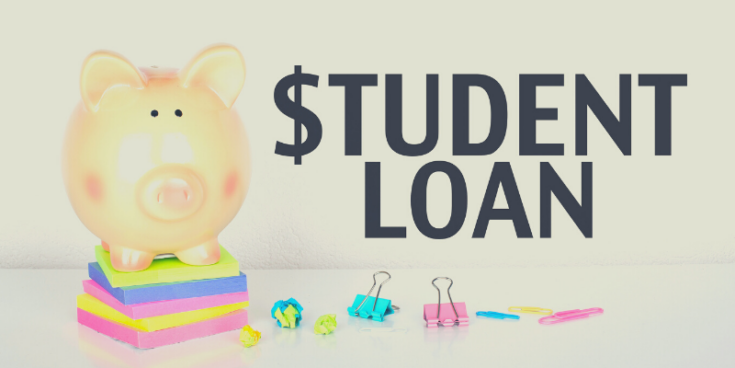Just as other loans affect your credit score, student loans also do the same. If you have stopped making payments, for the time being, it doesn’t mean your credit score won’t be affected. Your student loan has a significant impact on your credit score and financial dealings. However, whether it will affect positively or negatively depends on how you make payments.
Timely payments can increase your credit score over time, and late payments can drop your credit score. If you keep making timely payments, it is more likely that you will maintain a good credit score than hurt it. It can also lead you to other mortgage and vehicle loans opportunities.
Here are further details you must know about student loans impacting credit score:

Can Student Loan Affect The Credit Score?
Yes, a student loan can affect the credit score.
Student loans are actually “installment loans” paid in the form of fixed installments over time. While calculating FICO credit score, students loans are treated the same as other loans. So, whether it is a federal or private loan, the procedure is the same.
However, having a long installment-based loan doesn’t hurt your credit score as much as debt usage. Debt usage, also known as the “credit utilization ratio,” makes up 30% of your score based on revolving credit and not on installment loans. Credit card debt is more strongly correlated with the future performance of borrowers than installment loan debt. So, $60,000 in your student loan debt isn’t as bad as $60,000 in credit card debt.
How Student Loans Hurt The Credit Score?
Late Payments
The biggest thing that will affect the credit score is how you make payments. Payment history makes 35% of the FICO score.
Are you making payment on time and in full or not? One late payment can drop your credit score. So, it’s all about timely monthly loan payments.
Defaulted Loans
Defaulted loans can hurt your credit score the most. Only a few days behind on payment would not hurt the credit score much, but if it’s more than 30 days, it will affect your credit score. And if your lender reports the late payment to one or more credit bureaus, it can drastically drop your credit score.
In case of federal student loans, servicers wait for at least 90 days before they report the late payment, and private lenders wait for 30 days before reporting.
And if the lender reports late payment, it will be on your credit report for seven years.
How Can Student Loan Improve The Credit Score?
Credit Mix
FICO calculation also includes credit mix—–Various types of loans you have.
Therefore, if you have installment and revolving loans, it can improve your credit score. Although the credit mix holds only 10% of the total percentage, it can prove as a booster to your credit score.
Lengthen the Credit History
Length of credit history holds 15% of FICO calculation. Since student loans are long installment loans, they can help build a good credit file.
Deferment
If you encounter a situation when you can’t make repayments, you can ask the lender about pausing or lowering monthly payments. If approved, your credit score will be fine.
You can ask for:
- Income-driven repayment plan if you took the federal loan
- Modified payment plan if you had private loans
- Deferment or forbearance to temporarily halt the monthly payments for some time

The essential springboard into the job market for school leavers, students and graduates.
The AllAboutGroup have worked across more than 1000 campaigns with HR teams from over 250 firms over the last decade as their partners to help them solve problems across all parts of the recruitment process.


